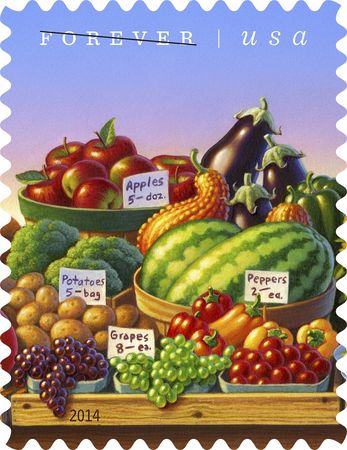French farmers could reduce their pesticide consumption by 30% without losing profitability, a new study published in the review Nature Plants has revealed. More than three quarters of France’s farms could cut their pesticide use if they adapted their agricultural practices. According to the study published by the French National Institute for Agricultural Research (INRA), 77% of the country’s agricultural businesses could slash their use of pesticides without suffering financially.
To demonstrate this theory, the team of scientists led by Nicolas Munier-Jolian analysed 946 farms, evaluating the impact of the reduction of pesticide use on their activity. Just 6% of the farms saw a dip in productivity (evaluated in gigajoules per hectare per year). Most of the farms concerned are industrial-scale producers of crops heavily reliant on pesticides, particularly potatoes and beetroots in northern France and maize in the south-west.
The cost of pesticides may far outweigh their benefits, according to the French National Institute for Agricultural Research (INRA), which has conducted a study on the external costs of these products. According to the researchers, cutting pesticide use had no appreciable effect on the productivity of 55% of the farms studied and even led to greater yields in 39% of cases. Taking into account both productivity and profitability, 77% of the farms studied could cut their pesticide use without affecting their business’ bottom line.
The researchers estimated that the farms that are able to reduce their pesticide use without losing money could cut their use of these products by 42% compared to neighbouring farms. As an average across the whole sector, this means French farmers as a whole could cut their reliance on pesticides by 30%. The biggest saving could be made on insecticides (possible reduction of 60%), followed by fungicides (47%) and herbicides (37%).
Organic farming could provide ample food for the whole human population, while causing less pollution and fewer health problems than conventional agriculture, according to a team of American scientists.
To bring about these cuts in pesticide use, the lead researcher said farmers need “real system-oriented advice. But also sectoral adaptation.” For Munier-Jolain, Agribusinesses must learn to work with a larger number of smaller farms, which each produce less than big monocultures.
Another deficiency of the current system, for the researcher, is the lack of an agro-ecology label, working along similar lines to the organic label, to reward these practices commercially. “We can explain to consumers that there is a third way, a good way, between organic and industrial agriculture.” Munier-Jolain added.
Source: EURACTIV, 1 March 17
http://www.euractiv.com/section/agriculture-food/news/french-study-farm…

- Login om te reageren
